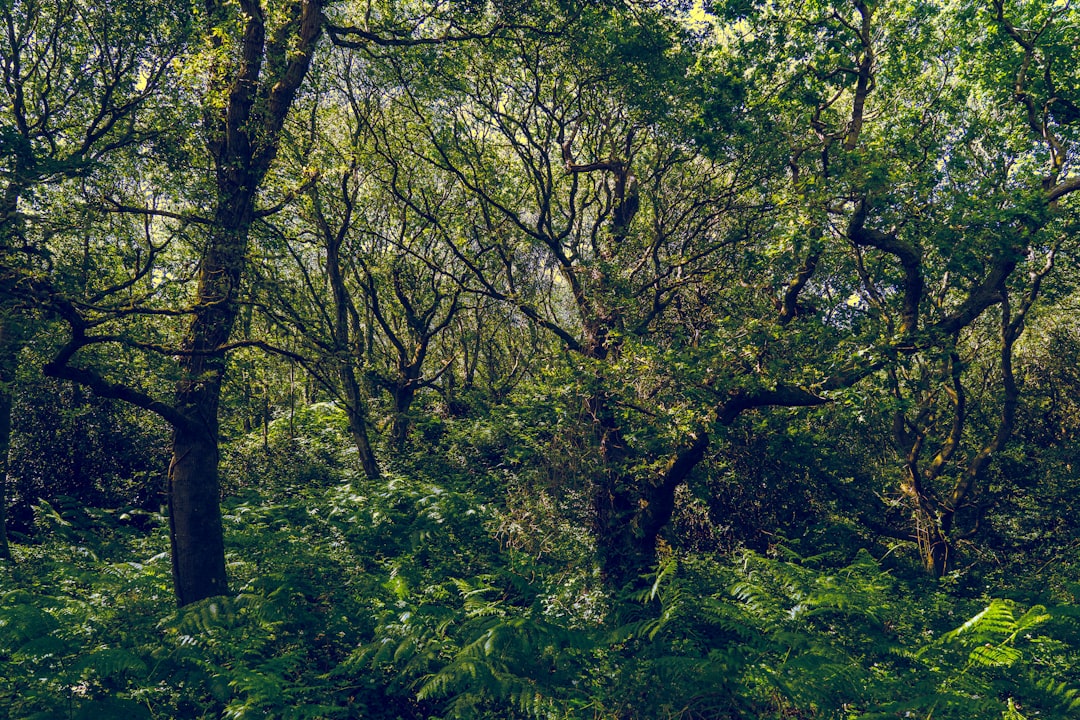The "Unenclosed" Artisan
The future needs those can cross boundaries.

I’ve often wondered why “creatives” are seen as a separate species, as though being creative means we can’t “operate” and equally, that operators can’t be creative.
It’s always struck me as nonsense, with the division being created by a combination of organisational structures and the desire to keep operators away from being distracted by anything other than being increasingly efficient, no matter how myopic the business model. By enclosing different aspects of the business and controlling the boundaries between them, we end up with soulless efficiency. Meat-Based-Algorithms.
Having somebody else being “creative” for us means we don’t feel it, or have anything other than a functional relationship with it, and often, the very fact that we are creative, regardless of what the job description says, and have views of our own leads to resistance.
Creativity is a quality that we can develop as a skill. We all have it, just as we all have an artisan in us. We can sense it when we talk to people and the subject touches on something they care about. Body language, tone of voice, and animation all change. There’s a part of Loris Malaguzzi’s poem “The Hundred” that I’m always reminded of. I use parts of it often and make no apology for doing so here:
They tell the child: that work and play reality and fantasy science and imagination sky and earth reason and dream are things that do not belong together.
Quite simply, when things are changing as quickly and unpredictably as they are, we cannot afford these impermeable boundaries. Organisations that lack fluidity of movement and poetry of purpose calcify quickly and spend a long time in the business equivalent of palliative care.
Artisans have a different problem. Their creativity is fully integrated, and the boundaries between their “operator” and “creative” is highly permeable. It means, though, that they don’t scale as quickly as some would like. Artisans are like broadleaf woodland - a complex mix of species that takes time to grow, and generates complex connections with its environment.
Organisations are more like monocultures of conifers - something that grows quickly and is easily harvested but has little connection to its surroundings.
It’s difficult to see how organisations will evolve under the pressure they face, but it is clear that if they continue to prioritise scale, they will not keep up. However it happens, they will need more of those who have the integrated qualities of the artisan. To go back to Malaguzzi, they will need those who have:
a hundred languages a hundred hands a hundred thoughts a hundred ways of thinking of playing, of speaking.
We may have to make our living today in business monocultures, but we need to prepare for a broadleaf future.
The world will need artisans, and we would do well to practice.


Love the metaphor about conifer forests - so apt
Yes and ... 🌿